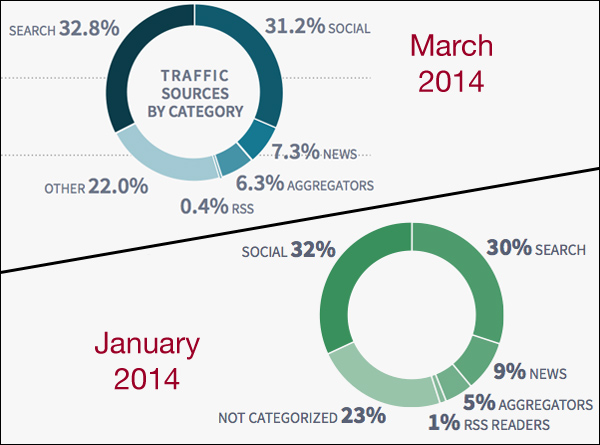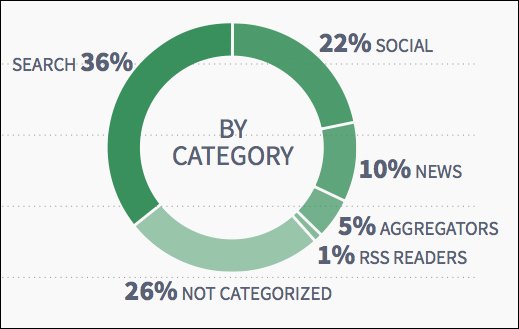The bad news just keeps coming for Elon Musk’s X, formerly known as Twitter. A new report from Automattic indicates that the social network is sending less traffic for publishers compared to a year ago.
Twitter built much of its popularity on being a reliable way for publishers to drive interest and traffic to content because it allowed users to easily share and discuss the latest news and media.
As the site becomes more controversial and its user base dwindles, however, it appears to be sending less traffic to these types of links.
What The Report Says
From the first half of 2022 to the first half of 2023, traffic from X fell by an average of 24% based on a random sampling of 25 large and small publishers. The impact varied depending on the publisher, with some larger publishers taking particularly large hits to their traffic.
Among the publishers that saw the biggest drops in referral traffic from X were Buzzfeed (-70%), Reuters (-67%), The Washington Post (-42%), CNN (-39%) and Fox News (-39%).
Not a New Trend
It would be easy to put all the blame on Elon Musk’s recent ownership of the social network. Along with the rebrand to X, Musk has made sweeping changes to how the platform functions including reducing moderation, introducing paid verification services, and unbanning prominent controversial figures.
However, this is just the latest plunge in a years-long pattern of dwindling referral traffic.
Twitter has been gradually delivering less traffic to publishers since 2018, though the pattern appears to have accelerated in the last year.
Of course, this trend hasn’t hit all publishers. Some have even reported seeing more referral traffic this year than in the past. Still, it would be wise for publishers to keep an eye on their referral traffic and potentially make plans for finding new ways to drive traffic if the pattern continues.





